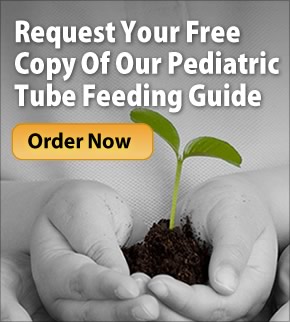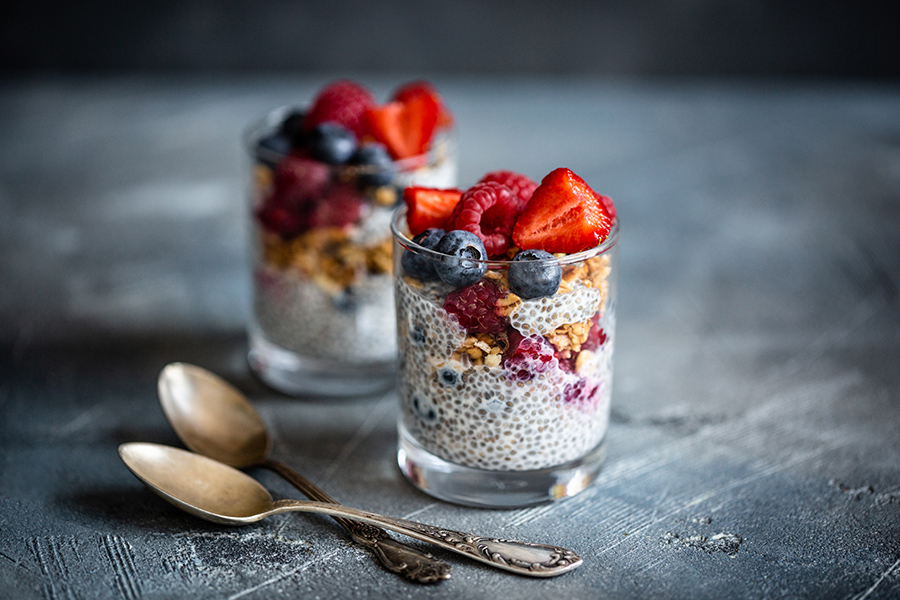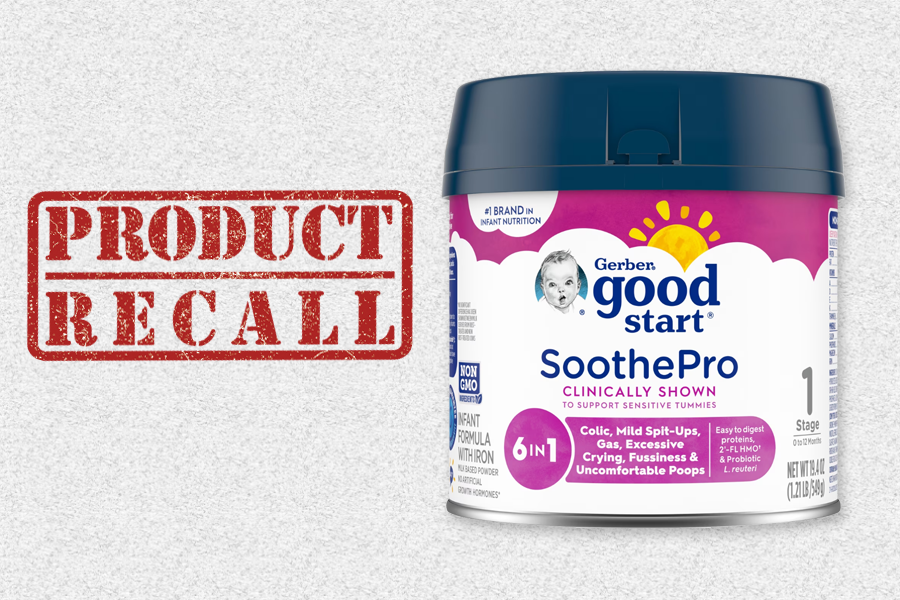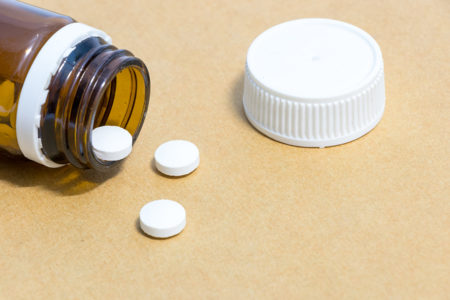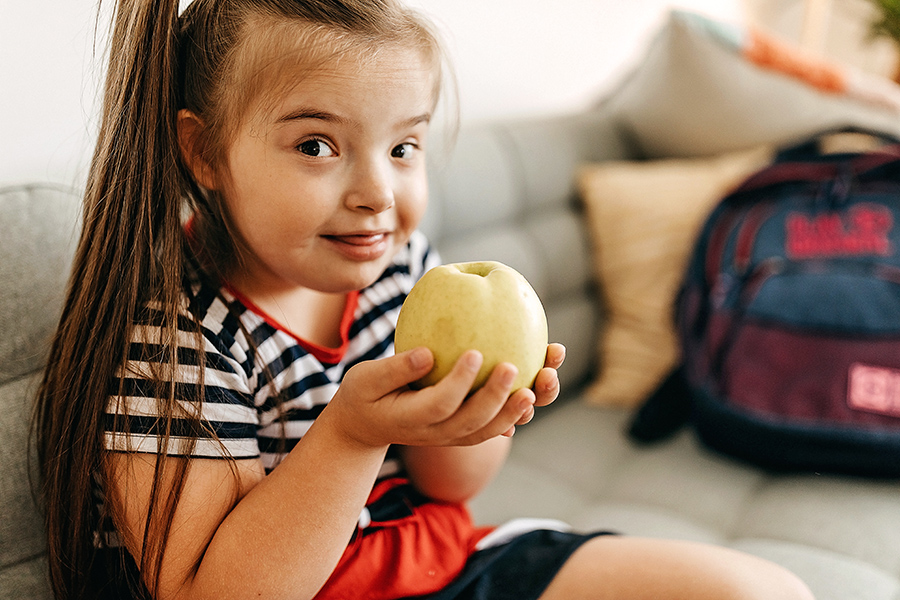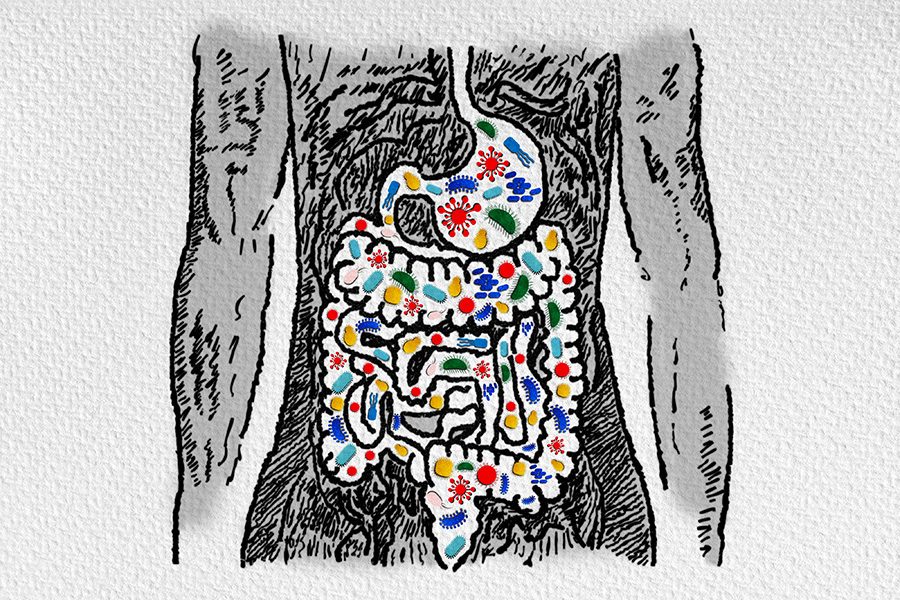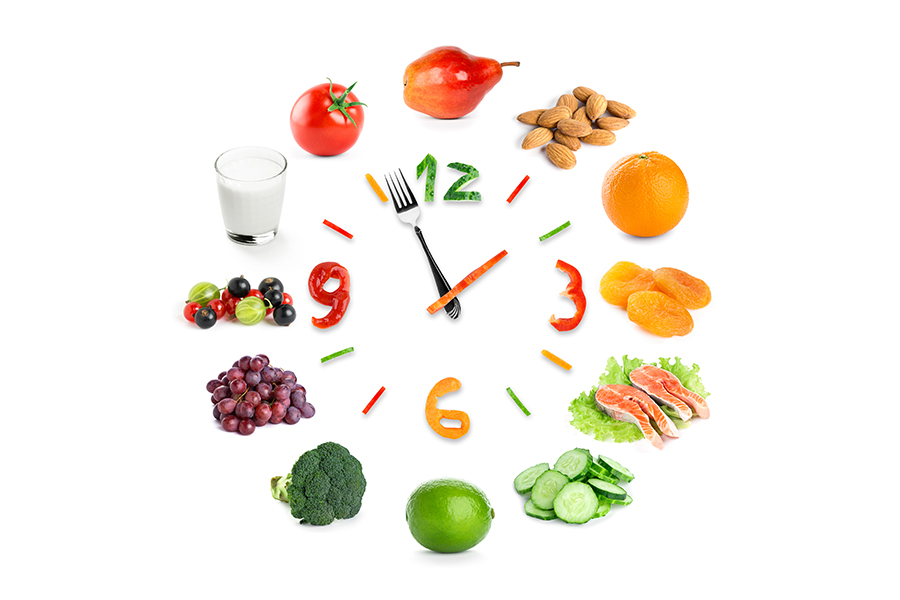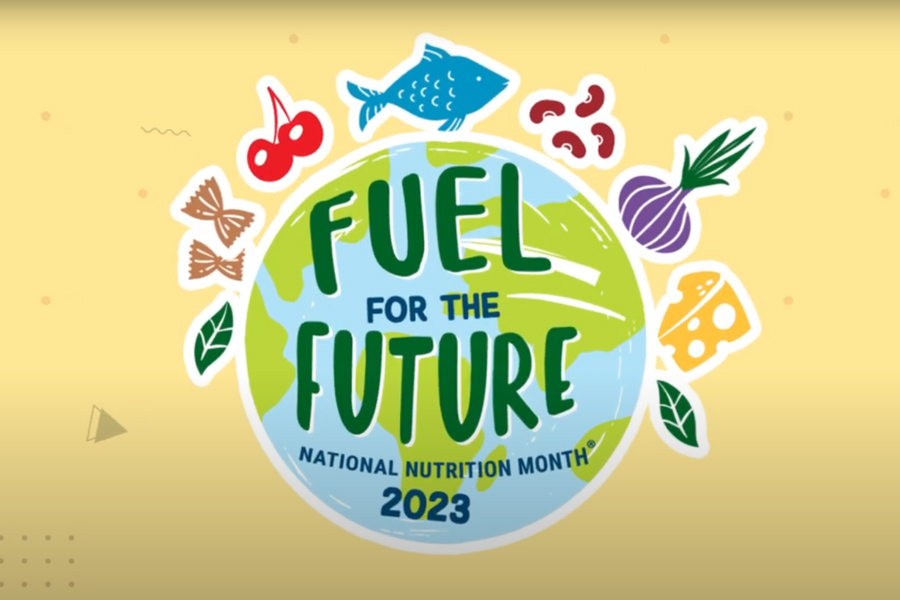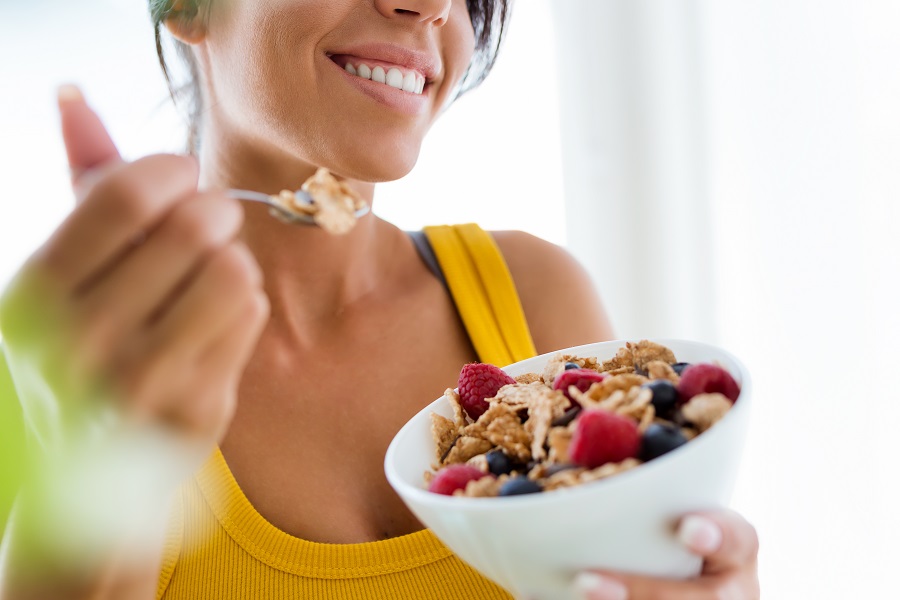Nutrition for Pregnancy & Breastfeeding
If you’re planning to become pregnant, are pregnant, or are breastfeeding you may be wondering how to enhance your diet. Regardless of where you are in the journey, there are many positive changes you can make to better your health and your baby’s health. It’s important to remember that it’s never too late to make healthier choices!
Alcohol
- Pregnancy: It is not safe to consume any alcohol during pregnancy.
- Lactation: It is best to still avoid alcohol while breastfeeding as much as possible. If you chose to indulge, stick to one drink a day and wait 2 hours to nurse or pump.
Caffeine
- Pregnancy: Good news! Caffeine is safe during pregnancy but should be limited to under 300 milligrams per day. This means limiting intake to 2-3 cups of coffee daily. Keep in mind though that these products also contain varying levels of caffeine: coffee, sodas, energy drinks, tea and chocolate. When in doubt about your caffeine intake, consult your doctor.
- Lactation: Just like during pregnancy, caffeine is considered safe while breastfeeding. But keep an eye on how much you’re consuming because caffeine does pass to the baby through breastmilk. To be sure, stick to the pregnancy caffeine level and watch for signs of increased fussiness, poor sleeping, jitteriness or irritability in baby. This could be a sign you’re having too much.
Calories
- Pregnancy: As you progress through pregnancy so will your level of hunger! You may have heard the saying “eating for two” during pregnancy. While it may feel like your hunger has skyrocketed, especially beginning in the second trimester, try to still be conscious of your food choices and serving sizes as you were before becoming pregnant. This will help you maintain a healthy and steady weight gain for the remaining months of your pregnancy. With that, you will still require some additional calories so don’t shy away from consuming a bit more. These calories are important and will nourish you and your baby.
Compared to your pre-pregnancy diet, estimated change in daily calorie needs during pregnancy:
-
-
- 1st trimester: +0 calories
- 2nd trimester: +340 calories
- 3rd trimester: +452 calories
-
- Lactation: While nursing, your appetite may still be raging! If you have chosen to breastfeed your little one, extra calories will still be required to keep up nourishment for you both. Whether you exclusively breastfeed, or supplement when you can, you will still need to consume some extra calories. But just like during pregnancy, to avoid excessive weight gain, make healthy choices and keep an eye on your servings.
Compared to your pre-pregnancy diet, estimated change in daily calorie needs during lactation:
-
-
- 1st six months: +330 calories
- 2nd six months: +400 calories
-
Foods to Avoid
- Pregnancy
-
- Produce: Fruits and vegetables play an important role in all healthy diets! Just make sure to thoroughly wash all fresh fruits and vegetables before consuming.
- AVOID all raw sprouts.
- Seafood: You may be getting mixed signals when it comes to eating seafood while pregnant. Here’s the deal: seafood intake of 8-12 ounces per week is recommended during pregnancy because it contains beneficial omega-3 fatty acids. However, mercury can cross the placenta to your growing bundle of joy, so make sure to consume seafood known to be low in mercury such as: salmon, anchovies, herring, sardines, freshwater trout, and pacific mackerel, shrimp, pollock, tilapia, cod, catfish, and canned light tuna.
- AVOID species known to be high in mercury like shark, swordfish, tilefish and king mackerel. Also, make sure not to eat uncooked fish and shellfish. This can increase your risk of becoming ill from harmful bacteria and viruses. All the seafood you consume during this time should be cooked to a minimum internal temperature of 145 F.
- Undercooked meat, poultry and eggs: It is ok, in fact encouraged, to keep consuming good sources of protein throughout your pregnancy. Although it’s important to remember that while pregnant you’re at an increased risk for a food borne illness.
- AVOID animal protein that has not been cooked to the appropriate internal temperature. Click here for a cooking temperature reference guide. Additionally, it is best to completely avoid hot dogs and lunch meats or heat them until steaming. Also, make sure your eggs are cooked until the yolks and whites are firm.
- Unpasteurized foods: Make sure all juices and dairy products you consume while pregnant are pasteurized.
- Produce: Fruits and vegetables play an important role in all healthy diets! Just make sure to thoroughly wash all fresh fruits and vegetables before consuming.
- Lactation
-
- Seafood: Now that your baby is here you may be more then ready for your sushi fix! At this point, feel free to indulge…you’ve earned it! While you and your babe are no longer at an increased risk of falling ill from bacteria and viruses, still plan to stick with low mercury containing fish. Mercury can still pass to your baby through your breastmilk so continue to focus on consuming seafood from the safe list above.
Vitamins
- Pregnancy: Even though you have increased your calories during pregnancy, it’s a good idea to continue your prenatal vitamin. If you planned to become pregnant, you may have already began taking a prenatal vitamin and this is good because it can help fill in some nutrient gaps or deficiencies you may have. To be absolutely sure you are taking the correct vitamins/minerals to meet your needs it would be best to check with your doctor first.
And once pregnant, since vitamin/mineral needs have increased, continue your prenatal vitamin. Or begin taking one as soon as you get the good news! While vitamins are no substitute for nourishing food, they will definitely give you a boost.
- Lactation: Since your child is still depending on you for nourishment, it’s a good idea to continue your prenatal vitamins during this time. And it’s also a good idea to check in with your doctor to ensure the prenatals you were taking before are appropriate for lactation.
Water
- Pregnancy: While pregnant it’s recommended to drink at least 64-96 ounces of water throughout the day. Not only will this help support your growing baby, this will also help with any digestive issues you may be experiencing during this time.
- Lactation: As always, drink water when you’re thirsty. There is no evidence that increased water consumption while lactating increases milk supply. However, breastmilk contains mostly water, so avoid dehydration by keeping your water intake up.
References
Centers for Disease Control and Prevention
Dietary Guidelines for Americans 2020-2025
Mayo Clinic
The American College of Obstetricians and Gynecologists
DISCLAIMER: This information is designed for customer use only and does not represent the advice of a medical health professional. Please contact your doctor for explicit advice on your prescription and/or feeding program.







